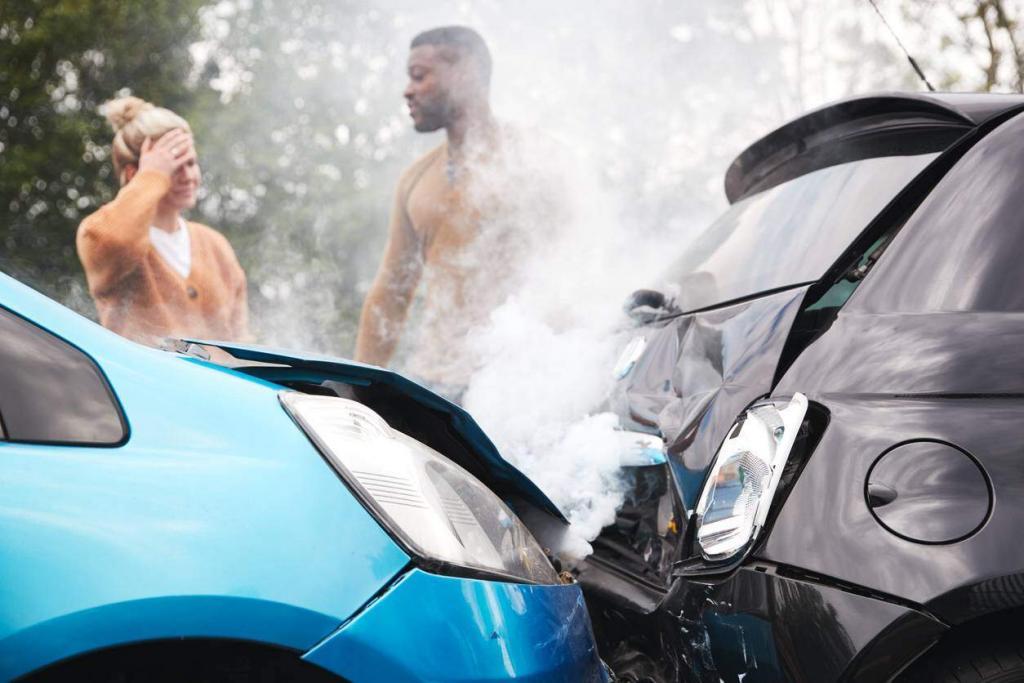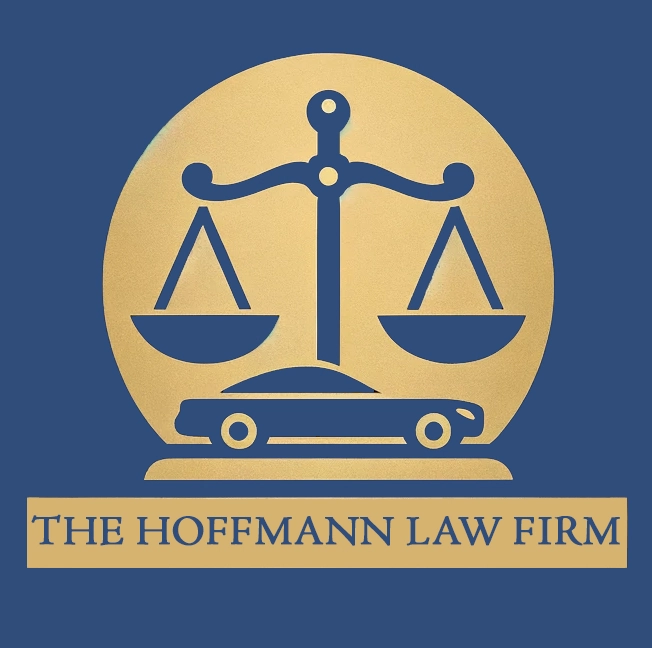Here are three reasons why it is important to avoid saying anything that could be interpreted as an admission of guilt after a car accident.
In the moments after a car accident, you might feel compelled to be courteous and speak with the other driver. You might even feel the urge to say something apologetic. Believe it or not, this is one of the worst mistakes you can make.
It may sound like common sense, but many people have never heard the rule that you should never admit fault after a car accident. Here are three reasons why we always stress avoiding an admission of guilt in a car accident.

Your Judgement Might be Impaired
Immediately after the impact of a car accident, your mind goes through several emotions. You might feel shock, guilt, or anger towards the other driver. Whatever the emotions are that you feel, your judgment is likely impaired. A recent Harvard study found that when we feel anxiety, we tend to take actions that reduce uncertainty. This means that you are more likely to admit fault in a heightened emotional state after a car accident, whether it is true or not.
It is also important to consider that you don’t know all the facts while you might think you are at fault. You are not privy to the state the other driver is in. Perhaps eyewitnesses all say that the other driver was entirely at fault. Whatever the case, it is best to keep quiet and let police officers and insurance adjusters carry out their investigation.
Insurance Adjusters Aren’t Your Friends
This might sound harsh, but it is undeniably true. The police officers investigating the scene must be as fair and impartial as possible. If you admit fault to a police officer, a record of your admission will generally be added to the police report.
As for insurance adjusters, whether you want to believe it or not, their job is to save money for their employer. Admitting guilt to an insurance adjuster is a great way to lose money fast.
Missouri Has a Pure Comparative Fault Rule
Last and certainly not least, Missouri has a “pure” comparative fault rule regarding personal injury. If either party seeks damages after the accident, each driver is assigned a percentage of the fault. For instance, you could be determined to have been 37% at fault in a car accident, while the other driver is found to be 63% at fault, meaning you would generally be rewarded 63% of the total damages.
Even if you truly believe you are more responsible for the crash, an admission of guilt could potentially make you liable for 100% of the damages instead of the lesser percentage that you might be found guilty of in court. It is always best to speak with an experienced St. Louis car accident attorney as soon as possible after an accident and avoid saying anything that could be interpreted as an admission of guilt.
